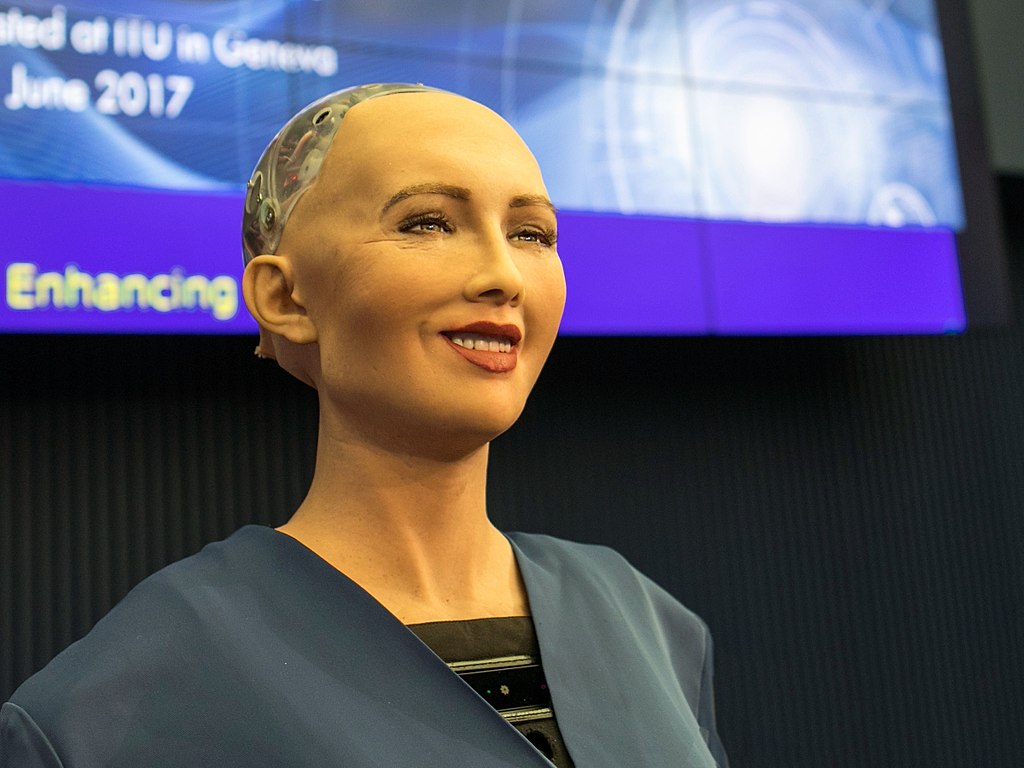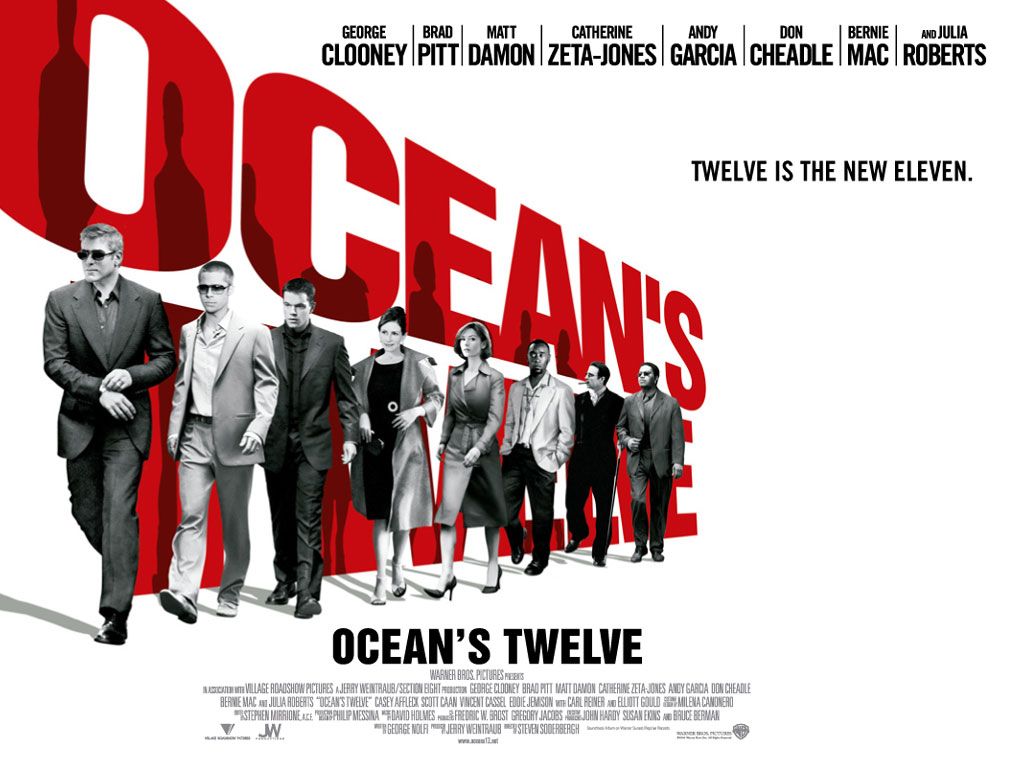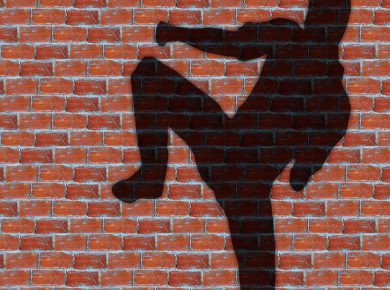Many people don’t know that CSI effect is an actual syndrome, caused by the audience’s perception of the overemphasized portrayal of forensic science on some crime TV shows such as CSI: Las Vegas, and many others. Some studies suggest that some TV shows display an unrealistically high level of forensic science and thus raise the standard of proof for prosecutors.
As technology has improved vastly, people have higher expectations not only for things like Bet.co.za Registration, but also for the results of forensic science. Several of the CSI TV shows have been accused of being unrealistic as the show’s main characters perform various operations such as solving cases, interrogating suspects, conducting raids, and so on.
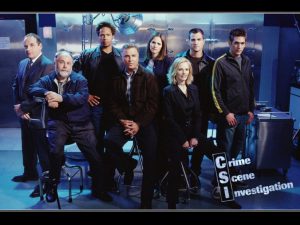
CSI: Las Vegas (Crime Scene Investigation) – The beginning
Crime Scene Investigation is a forensic drama that many studies indicate to be responsible for popularizing the genre and thus causing the phenomenon. The main characters of the show use multiple forensic techniques such as blood pattern analysis, DNA testing, to puzzle out the crimes. A classical CSI plot revolves around solving a crime and fighting through the struggles that come with it. The impeccable crime scene investigators always save the day by utilizing some fantastic forensic techniques to unravel the case. Needless to say that the suspect is always caught, and everything is fixed.
The show was incredibly popular and drew over 20 million viewers on a regular daily basis. Its immense popularity inspired the writers to create CSI spinoffs such as CSI: NY, CSI: Miami, CSI: Cyber, and many more. CSI: Las Vegas was the beginning of the forensic drama era which leads to whole another, upgraded forensic shows such as Dexter, Cold Case, and others.
What exactly is the CSI effect?
Basically, TV shows such as the CSI altered the perception of how forensic science is done and made it more challenging for jurors to justify a conviction. This phenomenon has increased the burden of proof laid upon the state which allowed many guilty defendants to go free.
Unreasonable expectations on the jurors made the prosecutors more difficult to procure convictions. The effect has caused an enormous obstacle for the defense when this type of evidence is provided.
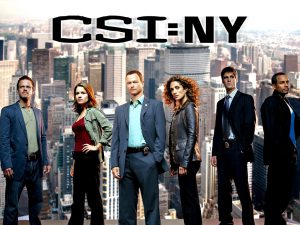
The role of the popular media
While the specific influence of the CSI effect is still inconclusive and remains debatable, the media’s impact is not. The media has altered public perception of the crime and investigation since Sir Arthur Conan Doyle’s creation of Sherlock Holmes. Television has been showing its own version of the criminal justice system since the 1960s. The CSI phenomenon is just one of the last strings caused by the media.
Episodes of CSI shows never leave any doubt as to the identity of the criminals, and often must provide an answer within an hour episode. Unlike TV illustrations of the legal system, in the real world, there is always a dose of uncertainty to the actual truth.
Numerous of series popularized the forensic science. The audience was so fascinated with these series that they created a perception which led to the creation of the CSI effect. It opposes a severe problem, as some legal actions must be taken to reduce the consequences of the effect.
Some researchers have indicated that a possible solution to this problem would be to give the jurors the evidence they are seeking. Nevertheless, court officers must find some other methods of explaining to the jury the significance of forensic science in the courtroom. That said, the judge should enter the courtroom knowing that the jurors have a lot of knowledge about forensic science and the criminal justice system.


